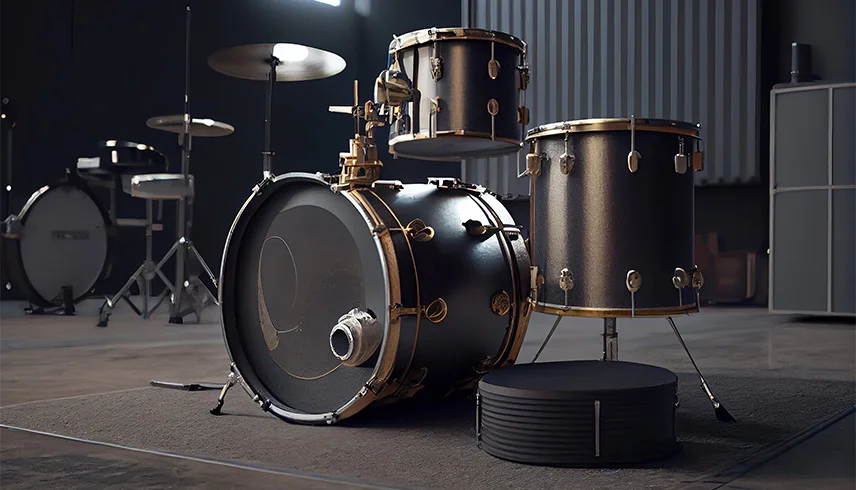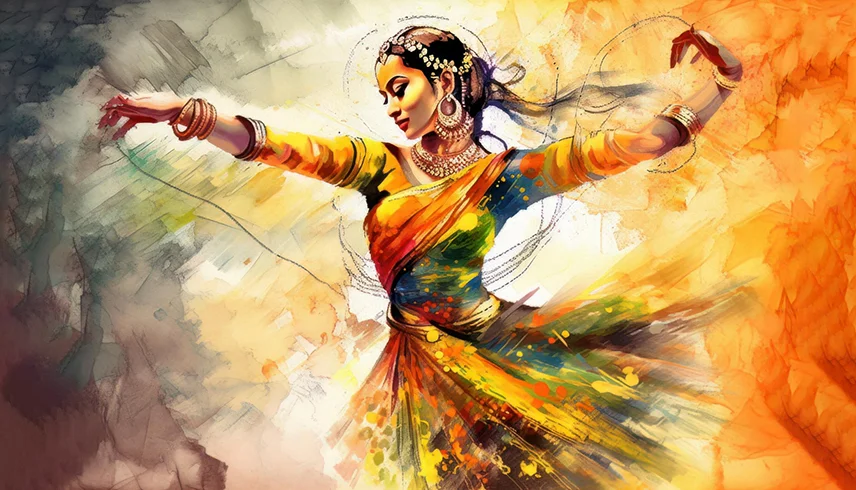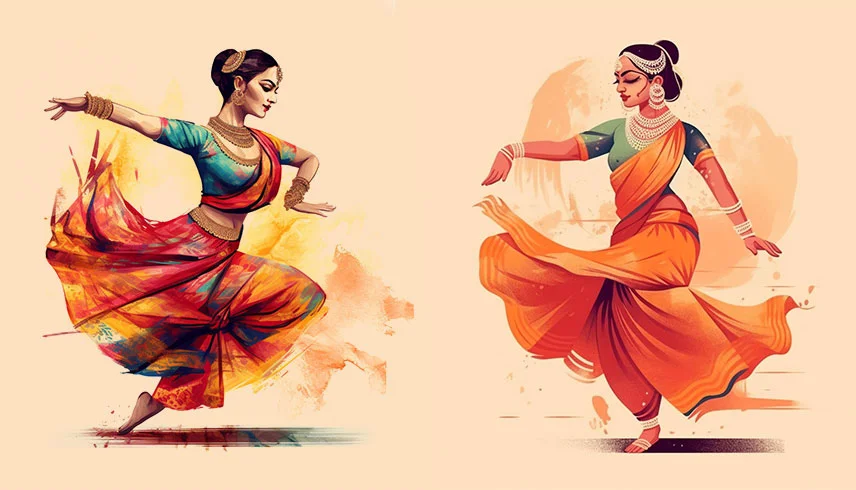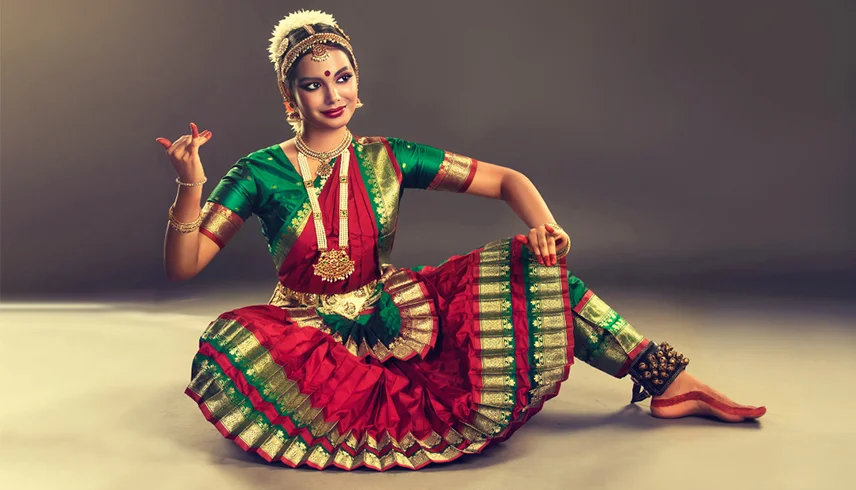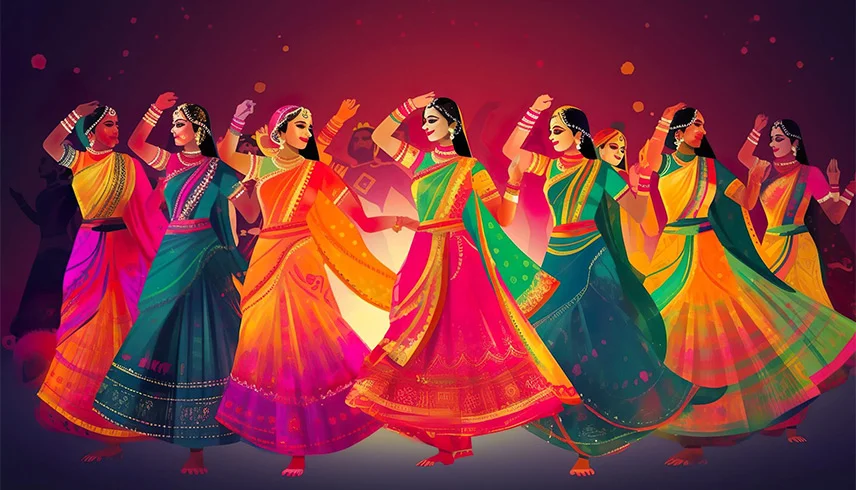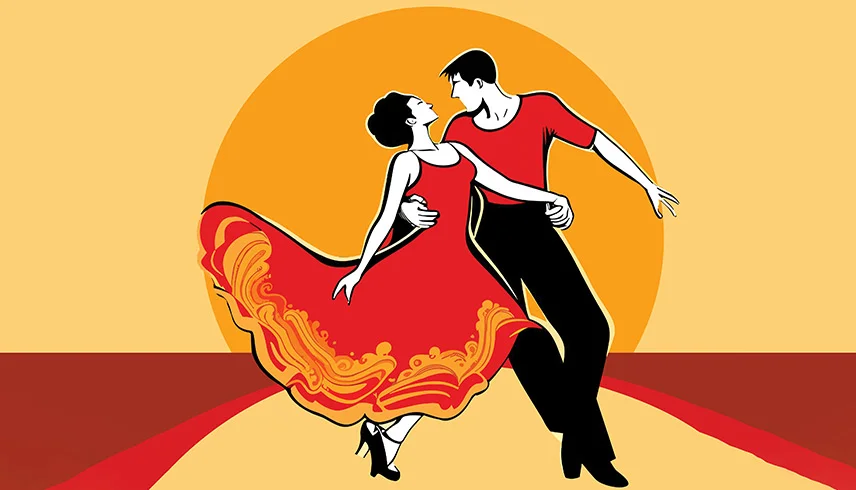Offline Dholak and Congo classes offer
students a more immersive and
interactive learning experience,
allowing them to engage directly with
their instructors and peers in a
physical setting.
Here are some of the
advantages of offline Dholak and congo
classes:
Personalized Instruction
and Feedback: In offline Dholak
and congo classes, students benefit from
personalized instruction and feedback
from experienced percussionists in a
face-to-face setting. Whether in a
private lesson or a group class,
students receive immediate feedback on
their technique, timing, and musicality,
enabling them to address any challenges
and make progress more effectively.
Hands-On Learning and
Practice: Offline Dholak and
Congo classes provide students with
hands-on learning opportunities,
allowing them to interact directly with
the instruments and develop their skills
through guided practice sessions,
demonstrations, and ensemble playing.
This tactile learning experience fosters
a deeper understanding of rhythm and
percussion and helps students become
more proficient musicians.
Cultural Immersion and
Musical Heritage: Learning the
Dholak and congo in a traditional
offline setting allows students to
immerse themselves in the rich cultural
heritage of percussion music. Beyond
instruction, students gain insight into
the historical context, cultural
significance, and stylistic diversity of
percussion traditions from around the
world. Moreover, interactions with
instructors and fellow students provide
opportunities for cultural exchange and
dialogue, enriching the learning
experience.
Performance
Opportunities and Artistic
Expression: Offline Dholak and
congo classes often culminate in
performance opportunities, such as
recitals, concerts, and ensemble
performances. These events allow
students to showcase their skills,
express themselves artistically, and
connect with audiences through the power
of music. Performing in front of an
audience helps students develop
confidence, stage presence, and musical
expression, while ensemble playing
fosters teamwork, collaboration, and
camaraderie.
Social Interaction and
Community Building: Offline
Dholak and congo classes offer students
the opportunity to socialize and network
with fellow percussionists and musicians
in a supportive and collaborative
environment. Whether during lessons,
rehearsals, or informal gatherings,
students build lasting friendships,
exchange musical ideas, and collaborate
on creative projects, fostering a sense
of belonging and camaraderie within the
percussion community.
